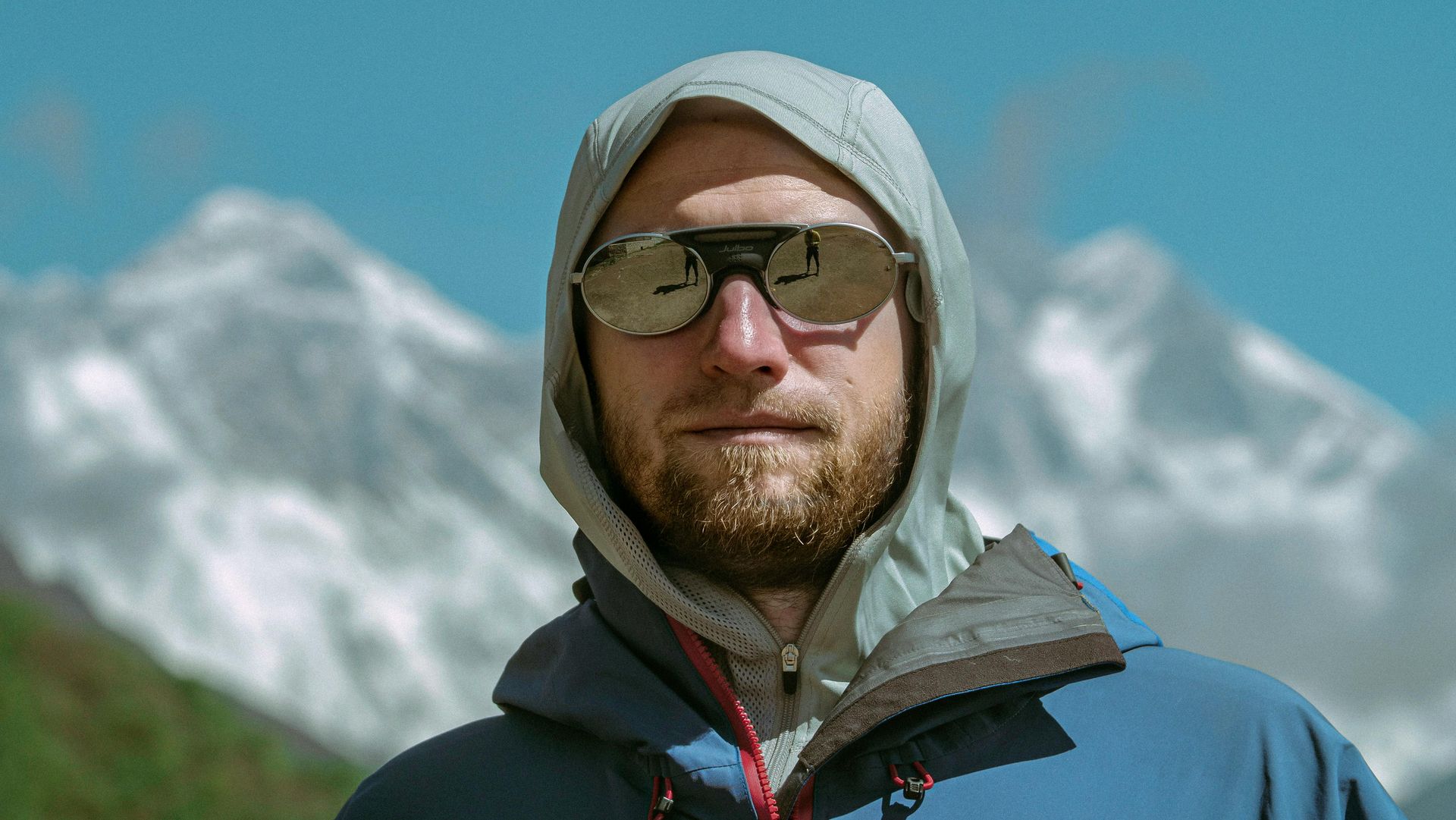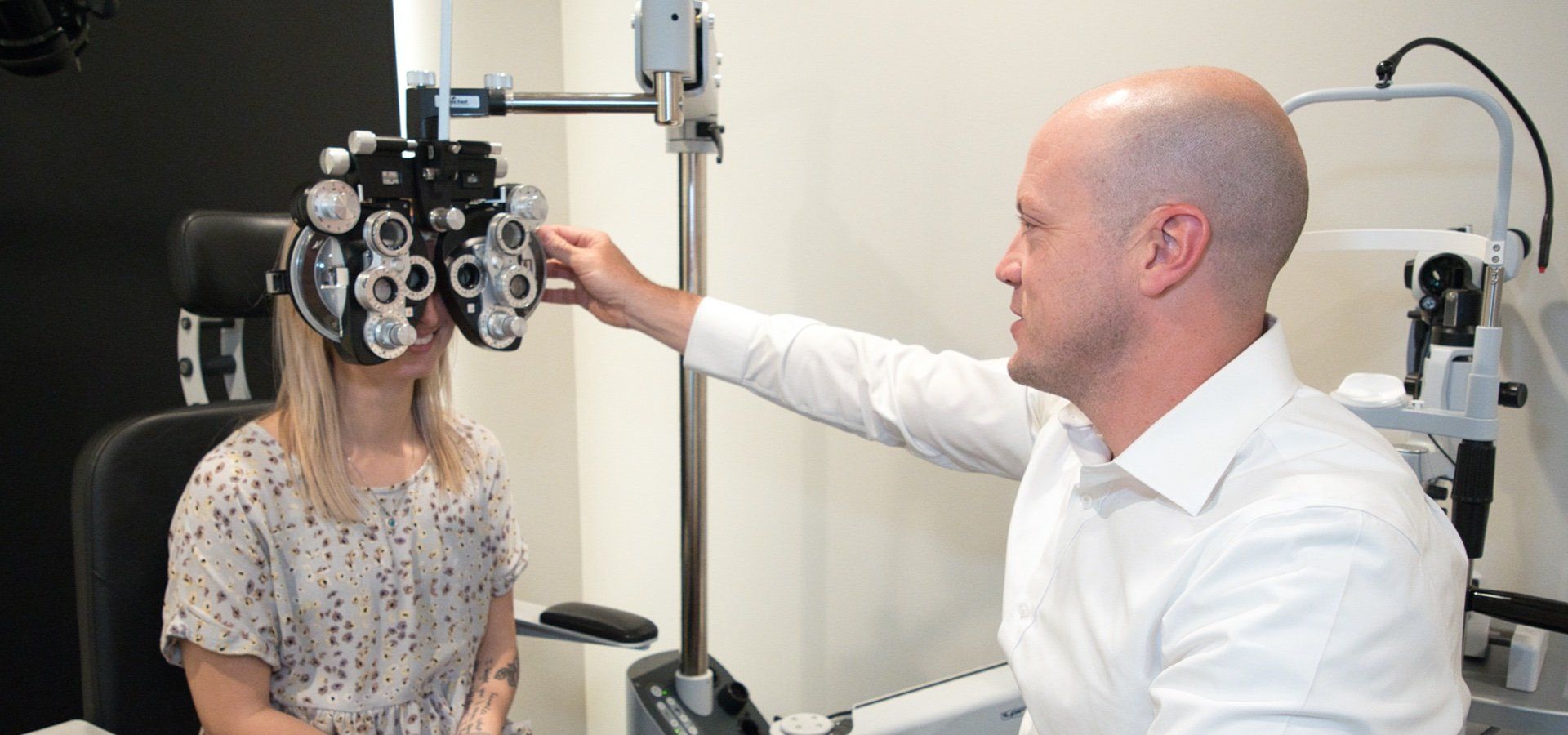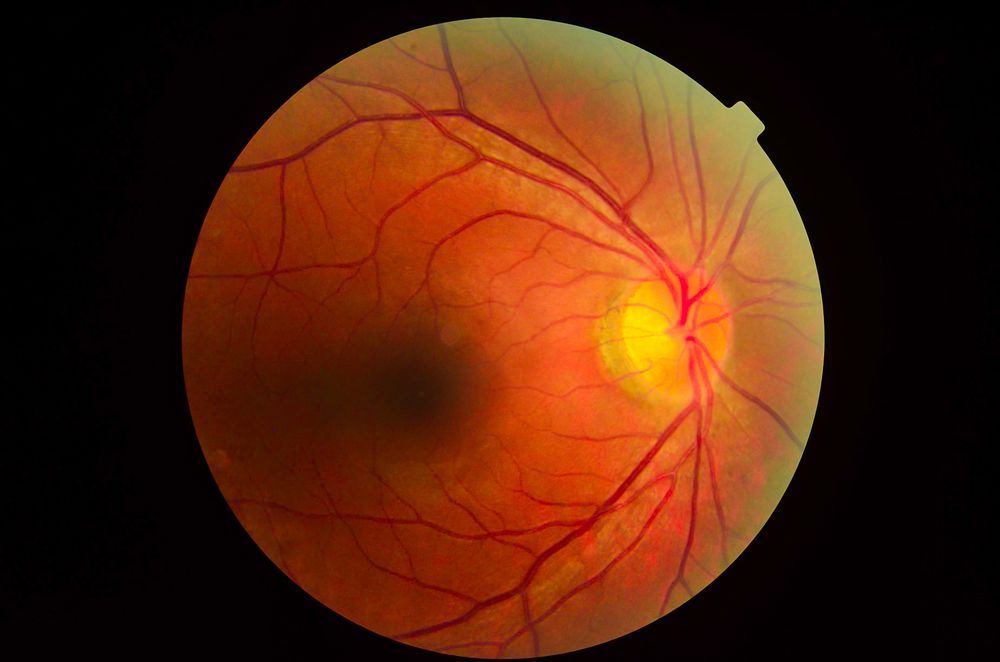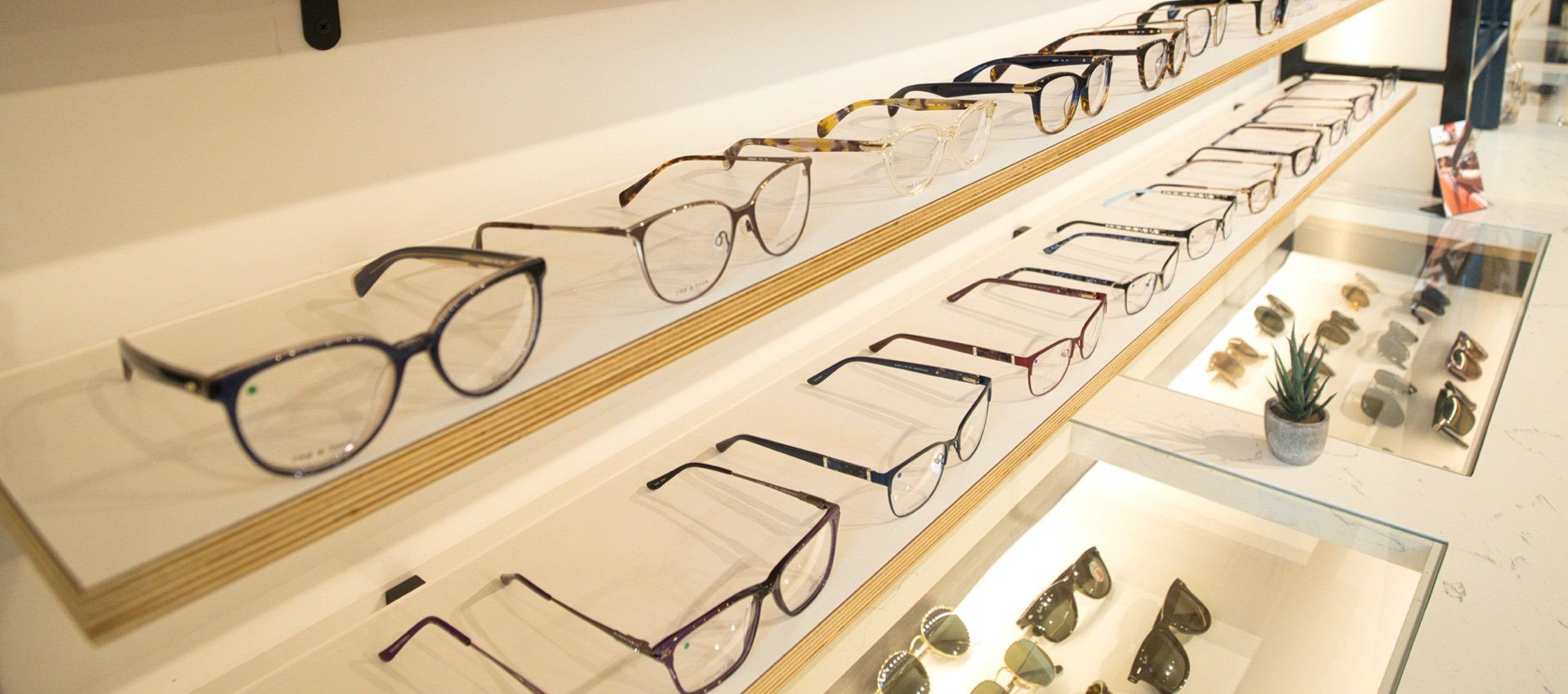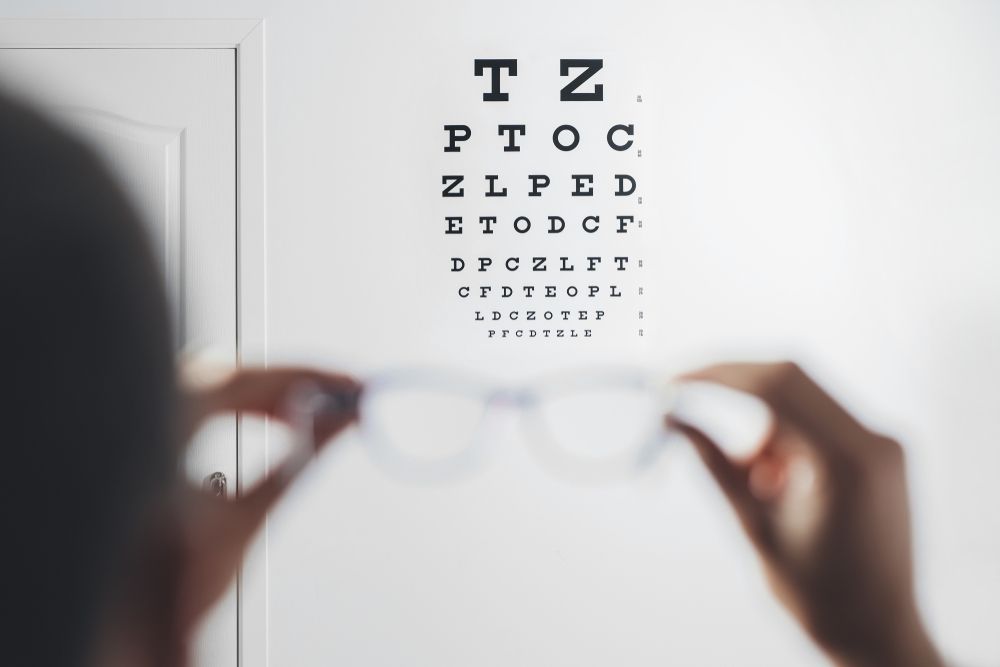As the temperature drops and winter settles in, most of us are quick to grab our warm coats and gloves. But did you know that your eyes also need special care during the colder months? Winter weather can take a toll on your eye health, so it’s important to understand how cold, dry air and other seasonal factors can affect your vision and comfort.
Here’s how winter weather affects your eyes and what you can do about it.
Dry Eyes in Winter
The combination of cold outdoor air and heated indoor environments creates a perfect storm for eye discomfort. During winter, humidity levels plummet, and our eyes become more susceptible to dryness and irritation.
Tips to Combat Dryness:
- Use a Humidifier: Adding moisture to the air at home can help prevent your eyes from drying out.
- Stay Hydrated: Drinking plenty of water supports overall hydration, including your eyes.
- Apply Artificial Tears: Lubricating eye drops can replenish moisture and soothe irritation.
Sensitivity to Wind and Cold
Winter winds can irritate your eyes, making them water excessively as a defense mechanism. While this may seem counterintuitive, it’s your body’s way of protecting the eyes.
How to Protect Your Eyes:
- Wear wraparound sunglasses or goggles to shield your eyes from the wind.
- Choose eyewear with UV protection, as sunlight reflecting off snow can increase UV exposure.
Increased UV Exposure
Winter sun can be just as damaging to your eyes as summer sun. Did you know that snow reflects sunlight, amplifying UV exposure? This can increase your risk of snow blindness (temporary damage to the cornea caused by UV rays) and contribute to long-term eye issues like cataracts.
What You Can Do:
- Invest in quality eye protection for outdoor activities:
- Wraparound sunglasses with 100% UV protection
- Polarized lenses for snow sports
- Goggles for intense winter activities
Additional Outdoor Tips
- Wear a hat with a brim to block overhead UV rays
- Use rewetting drops before heading outdoors
- Keep sunglasses accessible - even on cloudy days
Increased Risk of Digital Eye Strain
As we spend more time indoors during winter, screen time often increases. Prolonged use of phones, tablets, and computers can lead to digital eye strain, causing headaches, blurred vision, and discomfort.
Minimize Digital Eye Strain:
- Follow the 20-20-20 rule: Every 20 minutes, look at something 20 feet away for 20 seconds.
- Adjust screen brightness to match your surroundings.
- Blink often to keep your eyes lubricated.
- Enable blue light filters on devices
Cold Weather and Contact Lenses
Dry air and cold weather can make wearing contact lenses less comfortable, leading to irritation or a sensation of
stickiness.
What You Can Do:
- Use contact lens-friendly rewetting drops to keep your lenses hydrated.
- Consider switching to daily disposable lenses if dryness becomes a persistent issue.
- Give your eyes a break by wearing glasses more frequently.
Protecting Children’s Eyes in Winter
Children’s eyes are particularly sensitive to winter’s harsh conditions. From UV damage to dry air, they face the same risks as adults.
Winter Eye Care for Kids:
- Ensure they wear sunglasses during outdoor activities
- Monitor outdoor exposure time
- Limit their screen time to prevent digital eye strain
- Encourage regular breaks when they’re doing homework or watching TV
When to See an Eye Doctor
Sometimes, home remedies aren’t enough. If you notice persistent dryness, redness, pain, or sudden changes in vision, it’s time to consult a professional. Early intervention can help address winter-related eye issues and prevent them from worsening.
Blake Bush Family Eye Care is here to help you enjoy clear, healthy vision all year long. Whether you need advice on winter eye care, a
routine exam, or treatment for an ongoing issue, we’re just a call away. Call us at
580-233-7333 or use our
online scheduler to make an appointment.

